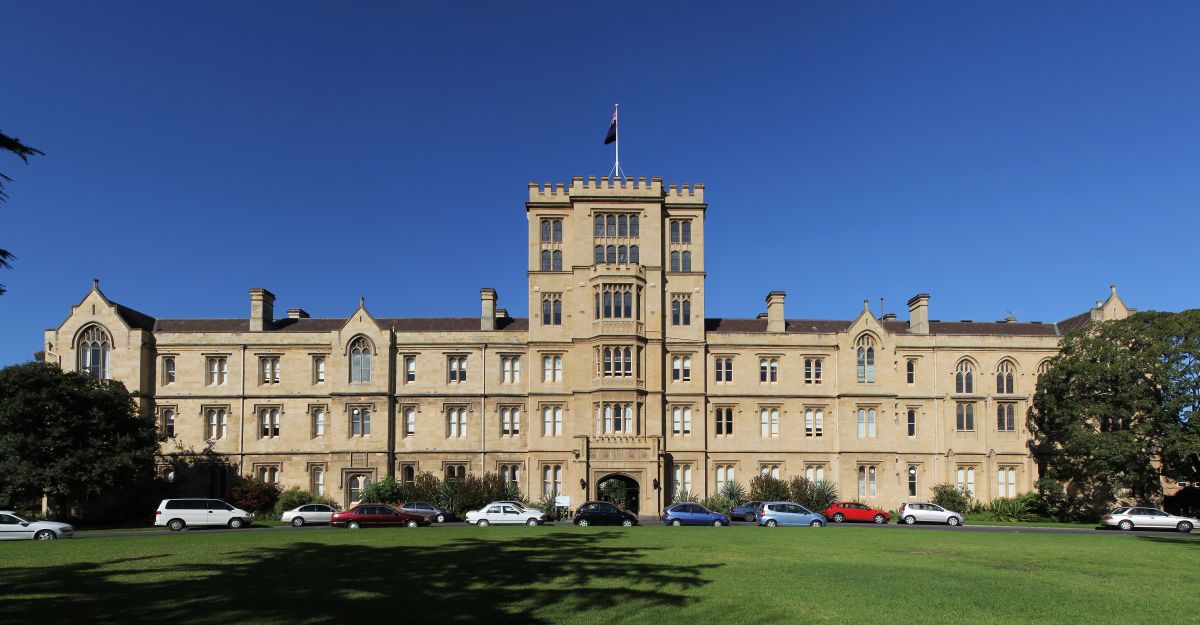My mother is a fish. I have buried her three times already, but the water table is high
and she floats to the surface. I cleaned her, using scissors to cut anteriorly through the
bones attached to her pelvic fins, but I can’t cross the river while her cloudy eyes are
directed at the sky. The tackle box is full of the rusty hooks of untried catches. I take a
pitted sinker and use the fishing line to weigh down her fleshy isthmus. There is water
in my shoes but I can feel the stones rise beneath my feet.
Image: Fly fishing tackle box next to stream / Chesapeake Bay Program
Read the rest of Overland 227
If you enjoyed this poem, buy the issue




